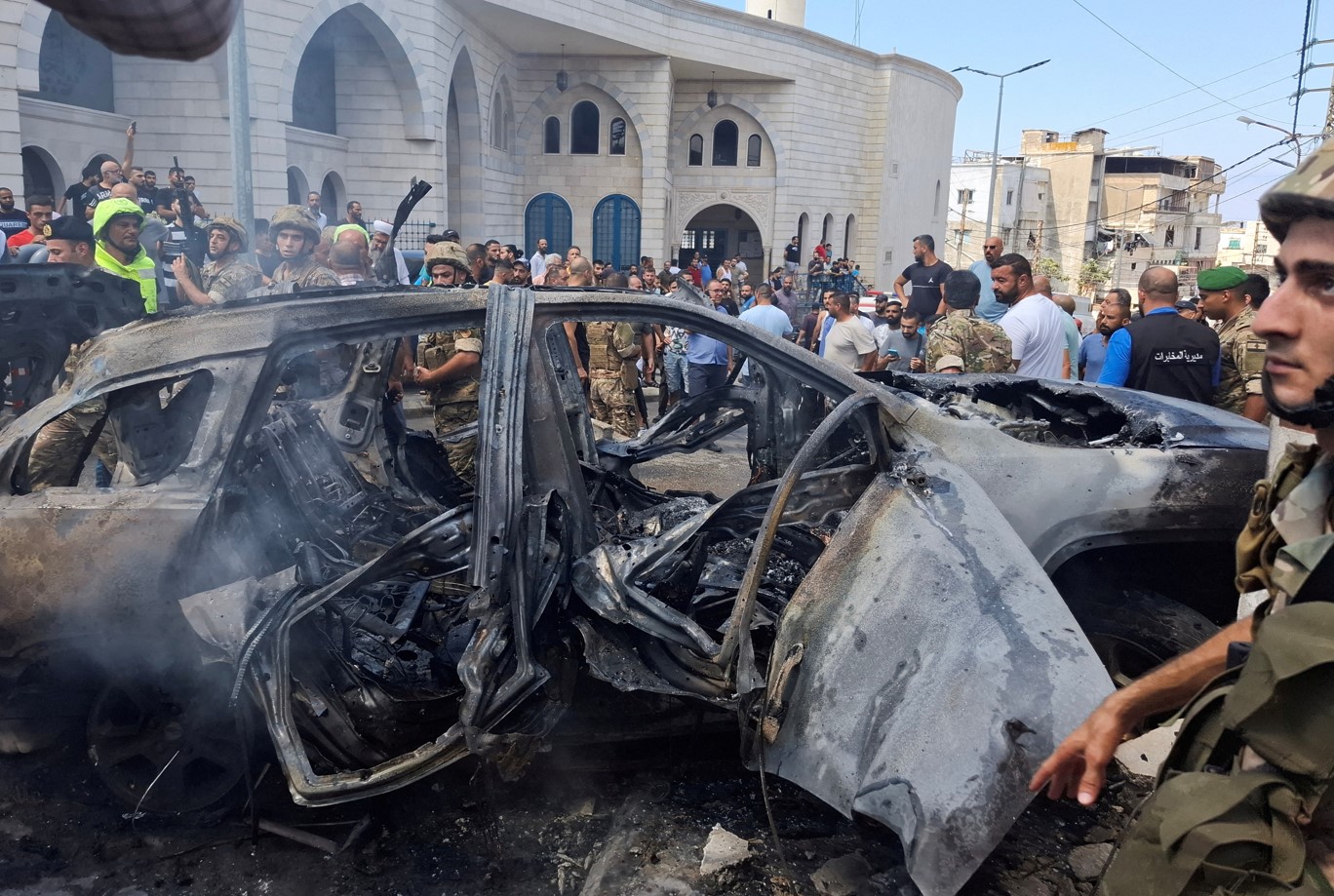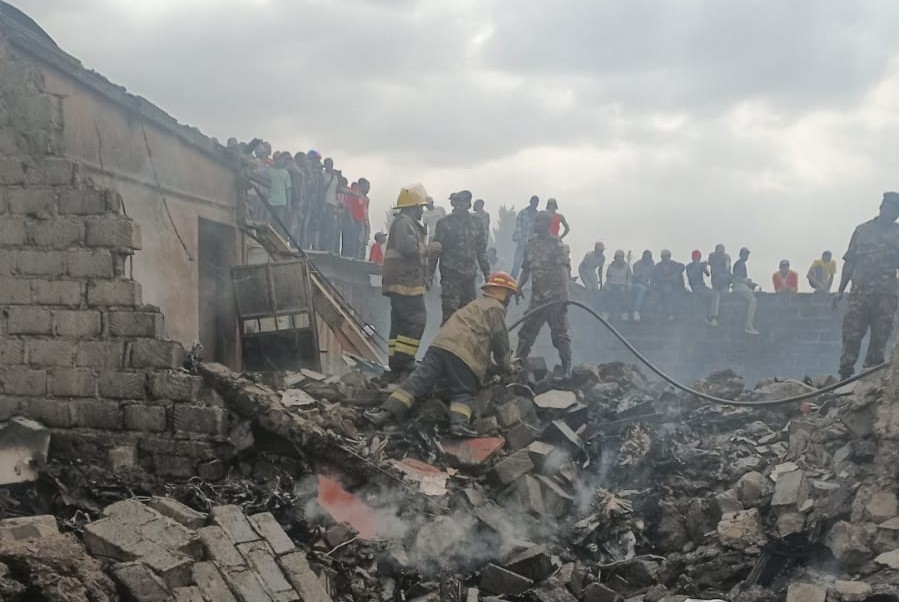Kenya evacuates 11 Kenyans from volatile Lebanon

There are more than 26,000 Kenyans in Lebanon, the majority of whom are domestic workers.
Kenya has evacuated 11 citizens from the volatile situation in Lebanon as the conflict between Israel and Palestine threatens to escalate into a full-blown regional war, The Eastleigh Voice has confirmed.
In a follow-up to various reports curated by this outlet concerning the status of Kenyans in Lebanon, the Principal Secretary for Diaspora Affairs stated on Thursday morning that "the first lot arrived over the weekend from Lebanon."
More To Read
- The ‘unthinkable’ is underway in Gaza City, UNICEF warns
- At least 21,000 children disabled due to Israel's war on Gaza - UN
- South Africa leads global push for Gaza justice as Israeli general cancels visit
- Was the ‘double tap’ attack on Gaza’s Nasser hospital a war crime? Here’s what the laws of war say
- Local journalists and fixers are dying at unprecedented rates in Gaza, can anyone protect them?
- Hunger and disease in Gaza will only worsen from ‘man-made’ famine: WHO
She also mentioned that plans are ongoing to evacuate all Kenyans who wish to return home.
There are more than 26,000 Kenyans in Lebanon, the majority of whom are domestic workers.
Lebanon's ongoing economic collapse has severely impacted its migrant domestic worker population, many of whom now seek repatriation.
Under the Kafala (sponsorship) system, domestic workers typically cannot end their contracts and depend on their employers—who often retain their passports and sometimes confine them to their homes—to allow them to return to their home countries.
 Israeli soldiers stand near to a tank near Israel's border with Lebanon in northern Israel, October 16, 2023. (Reuters)
Israeli soldiers stand near to a tank near Israel's border with Lebanon in northern Israel, October 16, 2023. (Reuters)
On Wednesday, the BBC reported about panicked African workers who have been prevented from leaving Lebanon due to the terms of their employment.
"I want to go home," Kenyan Eulita Jerop told the BBC from Lebanon, where she is employed as a domestic worker.
The 35-year-old, who has been working there for the past 14 months, expressed her fear over the unfamiliar sounds she has heard overhead on the outskirts of Beirut.
"It was so scary. We were told it wasn't bombs, but it was planes breaking the sound barrier," she said. "But the sounds were hitting so hard."
Her panic is shared by many others in her WhatsApp group of fellow domestic workers, she added.
The region remains on high alert after Iran vowed revenge on Israel, blaming it for the assassination of Hamas' political leader, Ismail Haniyeh, in Tehran.
Other Topics To Read
Top Stories Today












































